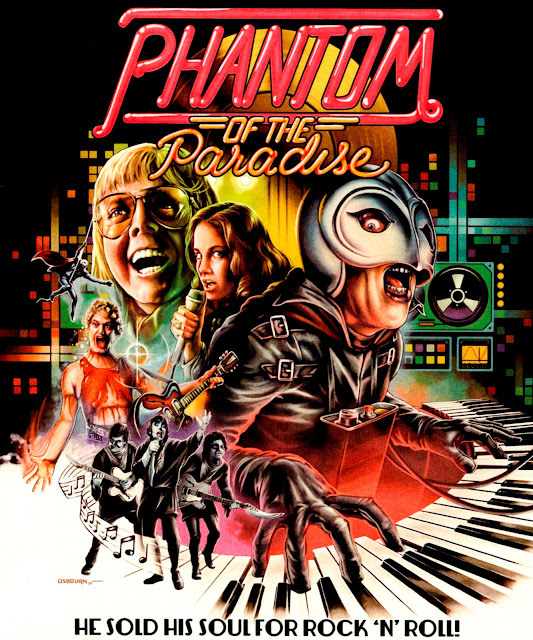The four stories that made up POMSILv2 came to me simultaneously.
That’s not to say the tales were fully fleshed out, but I had the basic
storyline and the hook in mind before I ever sat down to put the first one on paper.
Of course, not all of the stories lend themselves to needing or being able to
obtain a prop to serve his muse. Still, one story, in particular, did, Beyond AM
Radio.
The story’s protagonist is a government employee, Cordeil, who locates an
extraordinary radio sitting on one of an overstuffed and forgotten warehouse
shelves. The radio had been there for decades. It was the exact radio he needed
to complete the restoration of a 1947 Cadillac Series 62 convertible given to
him by his grandfather. When I started writing the story, I didn’t have a
specific car in mind. However, I knew what I wanted the radio to look like,
which led me to begin looking through pictures of old cars.

The radio wasn’t the only thing required about the car, but it was the
starting point. I also wanted the car to be a convertible for no other reason
than I like convertibles. Finally, I wanted the car to be a model worth being
handed down through generations. There are many incredible vehicles worthy of
collecting, but this one had to be special to the original owner. Something he
would’ve obtained after World War II as a treat for having survived. As I
continually narrowed down the choices, I eventually decided on a Cadillac. It
was the car my father considered the one you buy when you want to treat yourself
to the lap of luxury.
I was surprised to find Cadillac, rather than naming their cars during
this period, simply numbered them. As I started looking through the various models
they had available, the Series 62 caught my eye immediately. With the choice
being made, I wanted to get a close-up view of the car. Unfortunately, in the
middle of COVID I couldn’t go to an automobile museum. A model would have to be
the stand-in, and I found one that was part of an estate sale being conducted on
eBay.

The model’s doors, hood, and self-lowering antenna were all movable. So I
could move things around and look more closely at details as I wrote the story
to make sure the story remained authentic. I also got in touch with the Jose Gomez of The
Cadillac & LaSalle Club, who helped me with technical specifications and
guidance on the intricacies of the car.
As I wrote, I imagined myself as Cordeil sitting in the car and going through
the motions of the story. Opening and slamming doors, crawling underneath, and
eventually installing the radio acquired from the warehouse leads to the story’s
climax.
Now, the model sits on my desk. I still pick it up and play with it occasionally,
so it’s not gathering too much dust yet. But every time I look at it, I’m
reminded of the story, and I smile.
Here's a full description of the Beyond AM Radio,
When Cordeil starts a new job, he
discovers an antique car radio he needs to finish restoring his 1947 Cadillac.
It might be perfect, but it is stored in a strictly controlled government
warehouse, and taking it would be a federal crime. Over time, Cordeil convinces
himself that since the radio has been sitting there for half a century
untouched, stealing it will do no harm. Unbeknownst to him, he will not realize
the true cost of his decision until he powers it up for the first and possibly
last time.
Beyond AM Radio is one of four short
stories in POMSILv2, available in AudioBook, Paperback & eBook.
364,465



.jpg)












